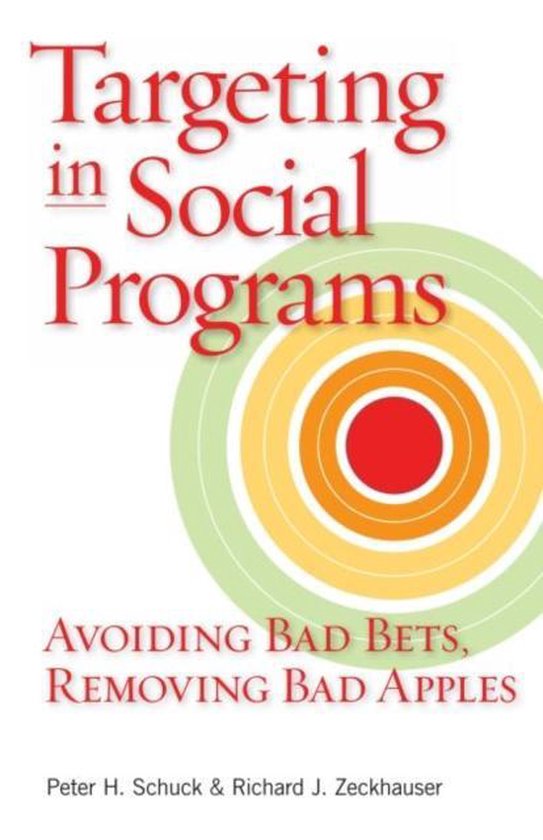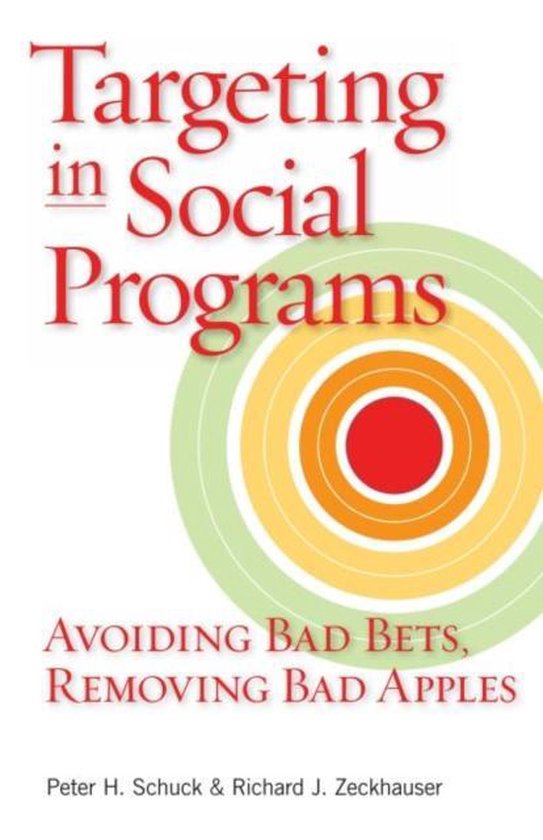De Boeken van Wouter
Targeting in Social Programs
Targeting in Social Programs
Couldn't load pickup availability
Verzending is beschikbaar op maandag en vrijdag
Meestal verzonden binnen 1–4 dagen na bestelling
4 boeken kopen = 3 betalen
Gratis verzending vanaf €25
Titel: Targeting in Social Programs
Schrijver: Peter H. Schuck
Bindingswijze: Hardcover
EAN: 9780815778806
Conditie: Goed
Let op: Hieronder staat een algemene beschrijving van hoe wij onze conditietypes classificeren. Als u een nauwkeuriger beeld wilt of specifieke vragen heeft, stuur ons dan een bericht en we kijken het graag voor u na.
Conditie-omschrijvingen:
- Als Nieuw: Nauwelijks gebruikssporen, bijna als nieuw.
- Goed: Kan lichte gebruikssporen vertonen, zoals wat verkleuring of een naam op de schutbladen, maar doorgaans geen onderstrepingen of aantekeningen in de tekst.
- Redelijk: Boek in redelijke staat. Kan gebruikssporen vertonen, zoals verkleuring, leesvouwen in de rug, onderstrepingen, aantekeningen, lichte vervuiling aan de randen, ezelsoren of een kromme rug.
- Nieuw: Boek is nieuw.
Beschrijving:
Should chronically disruptive students be allowed to remain in public schools? Should nonagenarians receive costly medical care at taxpayer expense? Who should be first in line for kidney transplants -the relatively healthy or the severely ill? In Targeting in Social Programs, Peter H. Schuck and Richard J. Zeckhauser provide a rigorous framework for analyzing these and other difficult choices. Many government policies seek to help unfortunate, often low-income individuals -in other words, bad draws These efforts are frequently undermined by poor targeting, however. In particular, when two groups of bad draws - bad bets and bad apples -are included in social welfare programs, bad policies are likely to result. Many politicians and policymakers prefer to sweep this problem under the rug. But the costs of this silence are high. Allocating resources to bad bets and bad apples does more than waste money -it also makes it harder to achieve substantive goals, such as the creation of safe and effective schools. And perhaps most important, it erodes support for public programs on which many good bets and good apples rely. By training a spotlight on these issues, Schuck and Zeckhauser take a first step toward much-needed reforms. They dissect the challenges involved in defining bad bets and bad apples and discuss the safeguards that any classification process must provide. They also examine three areas where bad apples and bad bets loom large -public schools, public housing, and medical care -and propose policy changes that could reduce the problems these two groups pose. This provocative book does not offer easy answers, but it raises questions that no one with an interest in policy effectiveness can afford to ignore. By turns incisive and probing, Bad Draws will generate vigorous debate.
Share

